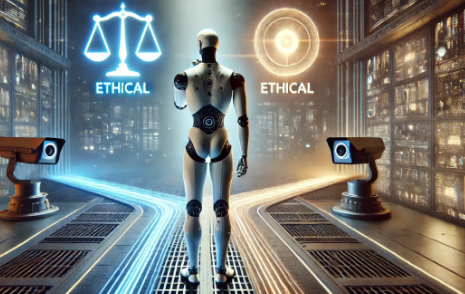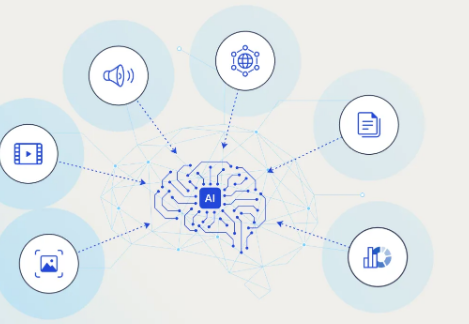Machine Ethics: Can AI Make Moral Choices?
Machine ethics raises crucial questions about artificial intelligence’s ability to make moral choices. As AI systems become integral to decision-making, the alignment with human values and ethical norms comes into focus. The complexities of programming ethical frameworks introduce challenges like algorithmic bias and accountability. How can developers ensure that AI maintains ethical integrity? Understanding these dynamics is essential as society navigates the implications of AI’s growing influence on our lives.
The Foundations of Machine Ethics
As artificial intelligence systems increasingly influence decision-making processes, the foundations of machine ethics emerge as a critical area of exploration.
Scholars examine various moral frameworks to address ethical dilemmas faced by AI. These frameworks aim to guide AI behavior in complex situations, raising questions about autonomy and responsibility.
Understanding these foundations is essential for ensuring AI systems align with human values and societal norms.
Challenges in Programming Moral Decision-Making
Although programming moral decision-making in artificial intelligence presents significant challenges, it remains a crucial endeavor as AI systems become more integrated into society.
Key issues include algorithmic bias, which can distort outcomes, and the difficulty of embedding diverse ethical frameworks into algorithms.
These obstacles raise questions about accountability, transparency, and the implications of relying on AI for moral choices in complex situations.
Read Also: 4232995972 Best Tech Stocks to Watch in 2025
The Future of AI and Ethical Considerations
While the integration of artificial intelligence into various sectors promises numerous advancements, it simultaneously raises profound ethical considerations that must be addressed.
The deployment of autonomous systems necessitates robust ethical frameworks to guide their decision-making processes.
As AI continues to evolve, exploring the implications of these frameworks becomes crucial in ensuring that technology aligns with human values and societal norms, safeguarding individual freedoms and ethical integrity.
Conclusion
In conclusion, the complex conundrum of machine ethics necessitates a nuanced navigation of ethical expectations and algorithmic accountability. As artificial intelligence advances, addressing algorithmic biases and ensuring transparent practices becomes paramount. Future frameworks must foster fidelity to fundamental human values while confronting the challenges that accompany moral machinery. Ultimately, the pursuit of principled programming will significantly shape society’s symbiotic relationship with AI, determining whether it serves as a servant or a sovereign in ethical engagement.






